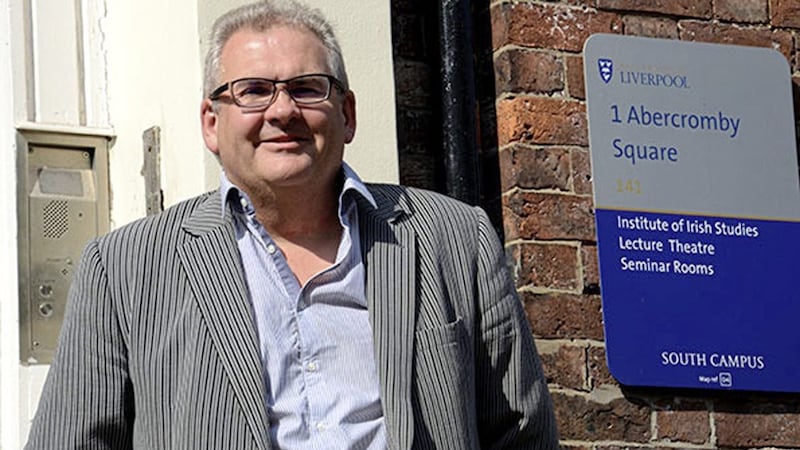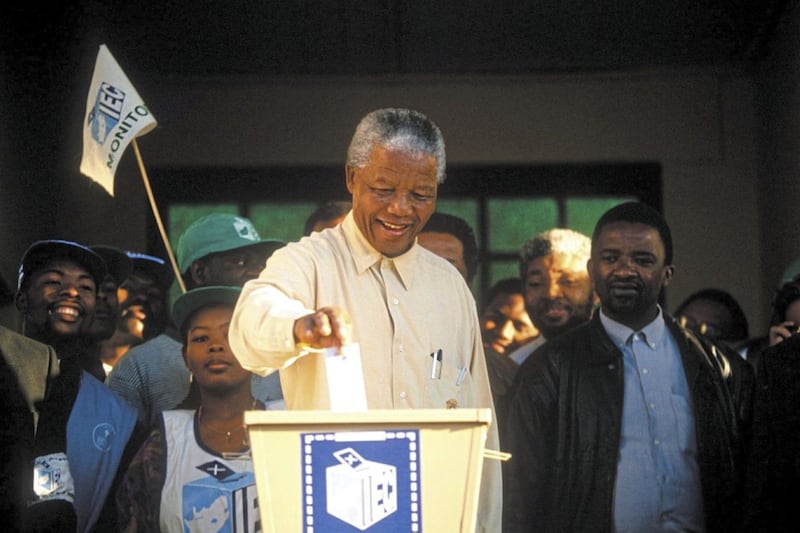SUPPORT for a truth and reconciliation commission has surged in recent years, research conducted during December's snap election suggests.
According to a major survey commissioned by the University of Liverpool, there was a significant shift in attitudes between the 2017 and 2019 Westminster elections in favour of the establishment of a South African-style commission to examine incidents from the Troubles.
In 2017, just under a third (31.5 per cent) of voters agreed or strongly agreed with the proposition. However, in the intervening two-and-a-half years the proportion grew to almost half (45.7 per cent).
When ‘don’t knows’ are removed, this figure increases to 73.6 per cent of those surveyed.
For Sinn Féin voters, the percentage supporting a truth and reconciliation commission almost doubled from 33.4 per cent to 58.1 per cent, while support among DUP voters also grew from 34.3 per cent in 2017 to 49.1 per cent in December.
Professor Peter Shirlow, director of the university’s Institute of Irish Studies, said the issue of legacy has "sat at the heart of community division" since the Good Friday Agreement.
“Here we find the first evidence of shared inter-community reason for a truth and reconciliation commission," he said.
"This is due to several factors that include a growing sense of frustration with the inability to solve a difficult past, the sense that an alternative approach to legacy is required, and possibly a growing unease with upcoming prosecutions."
As well as support for truth and reconciliation, the survey found that the two most important issues in the 2019 election were Brexit and the National Health Service.
It also confirmed that the north still has a large pro-European majority (62.8 per cent).




